The past decade has shown incredible growth in global social media usage. In 2010, we saw just one billion people using social sites, which has since grown to 2.82 billion in 2019, projected again to increase to 3.09 billion people by 2021.
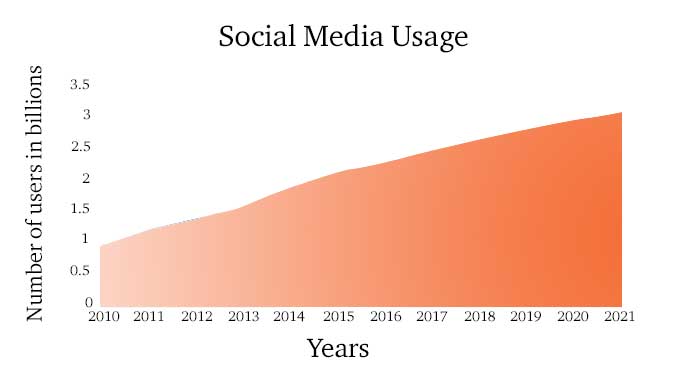
The increased proliferation of social media, alongside advances in AI technology, means the capabilities of digital advertising platforms are changing and improving all the time.
Below we run through some of the biggest updates on social media in 2019 and what we can expect looking ahead into 2020.
What changed for social media marketing in 2019?
Improvements to the Facebook Ads Manager interface
Facebook is always making small changes to the design and functionality of Business Manager. But in April of 2019, the Ads Manager interface was redesigned to incorporate a number of new features. They included:
- New navigational experience in Ads Manager – this update made it easier for advertisers to navigate through multiple ads and ad sets.
- Integrated search and filter function – a combined search and filter bar let advertisers search or select filters to find ads, ad sets or campaigns.
- Dynamic action bar – now shows only the most frequently used actions, making it easier to determine what changes may have affected your ads.

Introduction of Messenger Ads & Chatbots
AI-powered chat services are popping up on many sites worldwide — it’s never been so important to incorporate them into your 2020 marketing strategy.
Chatbots and Messenger ads empower marketers to give prospective buyers full focus, enabling maximum engagement, and converting them into paying customers.
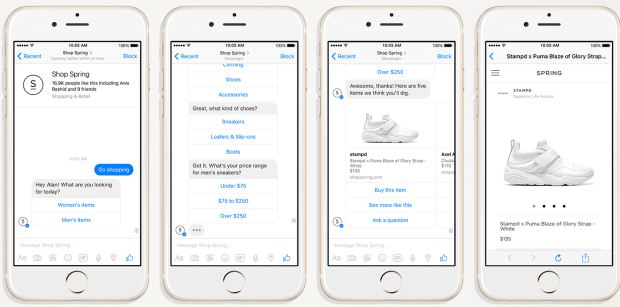
It’s been nearly a year since we held our event with Facebook on how to use AI to Enhance Facebook Marketing. Since then, we have deployed messaging campaigns on social and even on search, and incorporated artificial intelligence to achieve what used to be impossible, such as qualifying leads from messenger in real-time.
Facebook opens Marketplace ads
Facebook has started opening up Marketplace as an advertising placement. You can now display new or refurbished items from your Facebook Page shop on Marketplace for free and let customers purchase without leaving Facebook (limited to eligible merchants).
Greater user focus on Twitter
The micro-blogging platform Twitter has a very user generated focus – which makes it hard for advertisers to integrate their ads into the feed organically, as can be done with Facebook and Instagram.
The updates Twitter makes ensures that their user friendly feed remains consistent, for example:
- You can’t publish the same tweet to multiple accounts or recycle the same tweet to the same account – to prevent spam and repetition within ads
- Banned follow – unfollow software – generally this effects the user more so than the advertiser but this may make it harder for content creators to build their platforms as quickly.
Growth of TikTok
In 2019, TikTok had 614 million downloads, bringing the total to over 1.5 billion downloads of the app. It has an estimated 800 million monthly active users.
TikTok launched its Ads platform in beta in April 2019, which is expected to become available for all advertisers sometime this year.
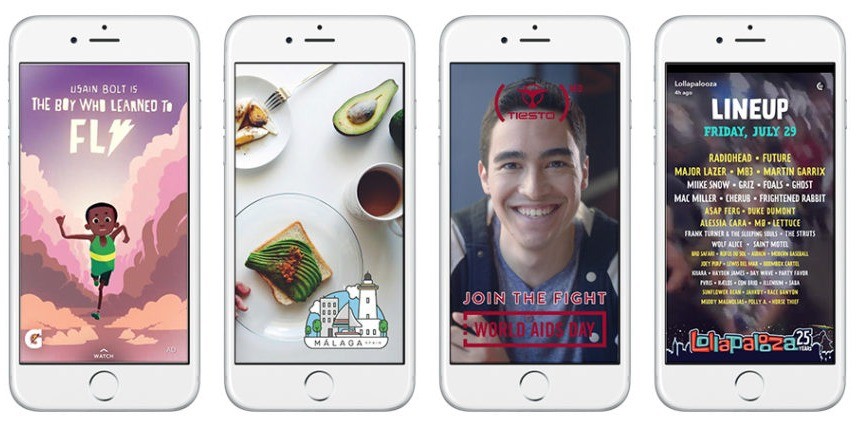
What can we expect from 2020?
Our Head of Digital, Luke Rees, predicts that 2020 will be the year of “earned” media on social media, meaning that in order to maintain visibility, advertisers will need to push for more original, compelling, and unique content for social, rather than just blandly promoting products.
With ever-increasing ad load, social media content could start to go in the direction link building has gone on Google in the past few years. Just as Google now only values the highest quality and most relevant content and links in its algorithm, so Facebook will only start delivering the highest quality and most engaging promoted content in its platform.
Privacy concerns will only add to this process. With the growth in data protection, the ability to hyper-target will become more difficult and so only the most creative advertisers / publishers will be able to compete effectively.
Facebook updates
Last week Facebook has launched a new app, ‘Hobbi’ a photo and video sharing app designed for documenting your personal projects and hobbies. The app takes inspiration from Instagram story, however there’s not a social networking component to the app beyond being able to create video highlight reels you could share externally with friends after your projects are complete.
See the format of the app below:

Hobbi could be one to watch out for in 2020!
New version of Creative Hub
Creative Hub will have a refresh to show the same placements and ad creative editing tools as Facebook Ads Manager. It will provide improved placement visualisation, with side-by-side preview cards so you can see how your ad will look across each placement, therefore making it easier to ensure continuity across all platforms.
There will also be closer integration with Ads Manager, so advertisers will be able to access Creative Hub mock-ups directly within ad-level creation in Ads Manager.
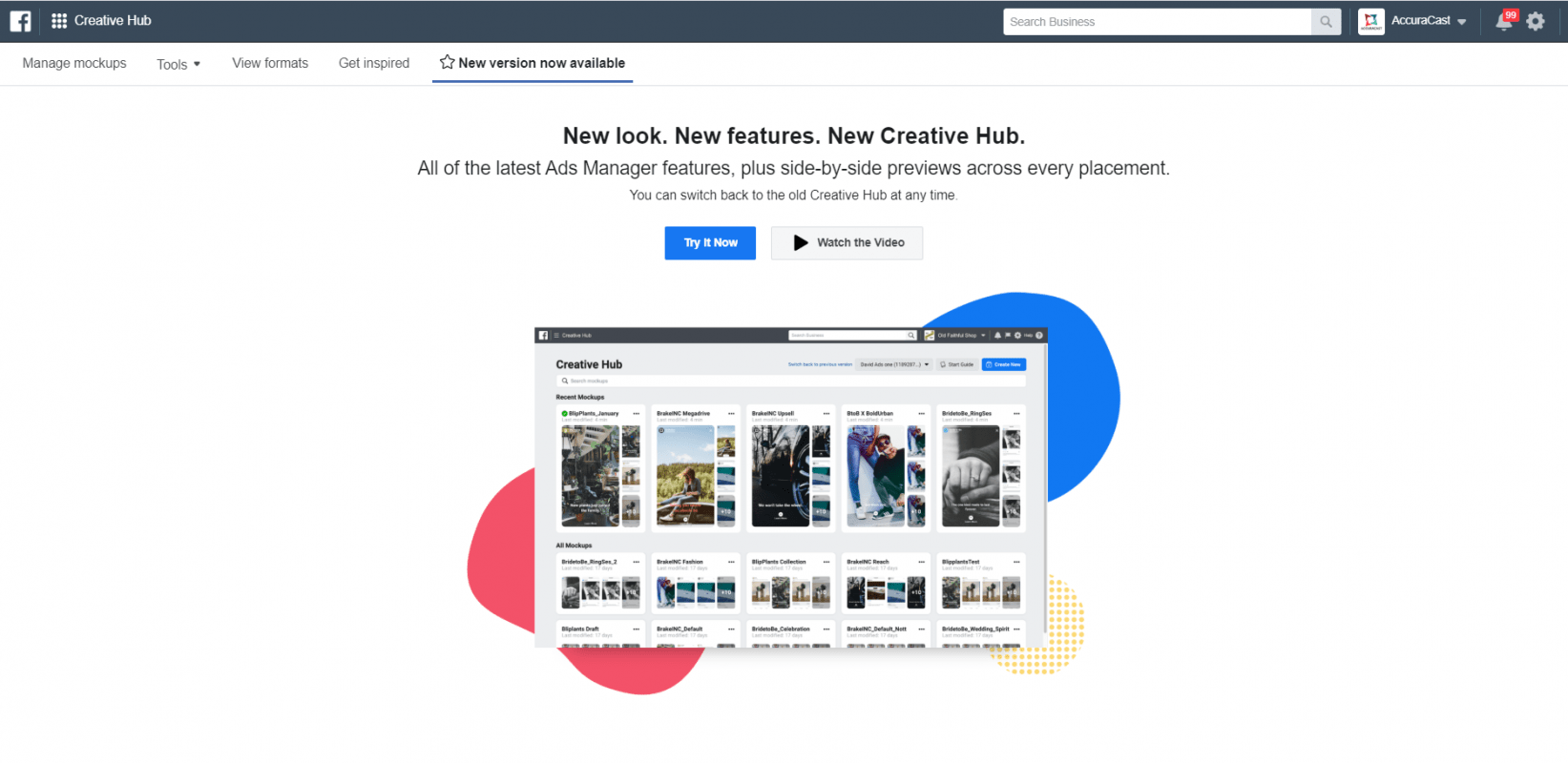
WhatsApp ads introduced
Earlier this month, Facebook announced that WhatsApp now has 2 billion users worldwide.
WhatsApp is currently the world’s largest messaging platform and so it seems only inevitable that Facebook would seek to monetise it at some point. Facebook has confirmed that WhatsApp ads will take the same shape as Messenger ads, with the user able to talk directly to businesses via the messaging app.

Facebook Augmented Reality Ads go mainstream
This is something we’ve seen more and more of in recent weeks as brands have been trialing augmented reality (AR) ‘instant experiences’. This allows customers to “try on” products using AR filters before they buy them, or see them in real life.
AR on Facebook is predicted to become much more popular and accessible in 2020, particularly in the fashion and beauty industries.

Brand Collab Manager – for brands and content creators
The prefered channel for content creators (previously known as influencer marketing) has always been Instagram. Facebook is now creating a Brand Collab Manager which is a tool to help brands and creators find and connect with each other.
As a brand, the tool lets you:
- Set an audience match to see the percentage of each creator’s audience that matches yours.
- Choose any creator or group of creators and find others with similar audiences.
- Explore customised lists of creators based on your past branded content partners, creators who like your Page and more.
TikTok opens its advertising platform
TikTok has recently exploded in popularity. In 2019, the short-video creation platform boomed in popularity among Gen Z. Now, in 2020, we will start to see four types of ads introduced:
Native Infeed Ads
- 15-second video ads that appear organically within a user’s feed and can be skipped.
Brand Takeover
- Ads can be still images, GIFS, and videos
- Only one per category every day in order to not overload a user’s feed with unskippable ads
Hashtag Challenges
- Creates engagement by fusing user creativity with brand messaging
Branded Lenses
- Interactive and incorporates the use of AR
- Ads will appear in the trending section and users can interact with them while filming.
Content creators and user-generated content are expected to be the most popular form of advertising on TikTok.
Twitter to introduce new tweet controls
Dantley Davis, vice president of design and research at Twitter, has hinted at some major changes for the platform in 2020, though we don’t have any formal indications of changes to the Twitter advertising platform. Davis casually announced these changes via a tweet in November 2019, the updates are set out to reduce online abuse and give users more control over their feed.
Features that I’m looking forward to in 2020.
– Remove me from this conversation
– Don’t allow RT of this tweet
– Don’t allow people to @mention me without my permission
– Remove this @mention from this conversation
– Tweet this only to: hashtag, interest, or these friends— Dantley Davis (@dantley) November 5, 2019
LinkedIn focus on building brand awareness in 2020
Enhanced website conversions
LinkedIn has already improved its website conversion capabilities by building a “tighter integration” with its conversion tracking tools.
Campaign Manager
The new Campaign Manager Brand Awareness feature offers advertisers a top-of-funnel campaign option designed to help advertisers increase their “share of voice” on the platform.
Optimised click pricing
After rebuilding Campaign Manager, LinkedIn is now introducing optimized click pricing to align with an advertiser’s objectives.
About the Author

Luke Rees is Head of Digital at AccuraCast (www.accuracast.com), the leading multilingual digital marketing agency in Europe. “At AccuraCast we aim to drive growth through intelligent search engine marketing, display advertising, and social media marketing.”



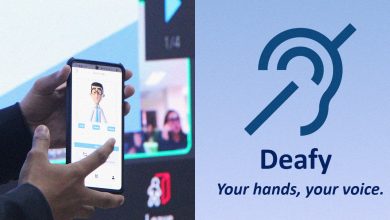

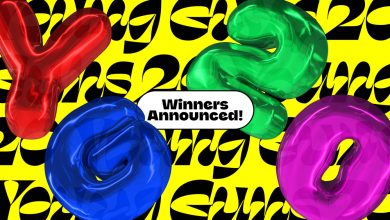

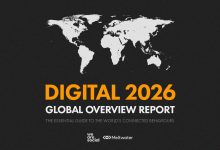
Social media will continue to be an ever-present part of our lives in 2020. Social media platforms will continue to improve and introduce new features that will capture our attention for longer.